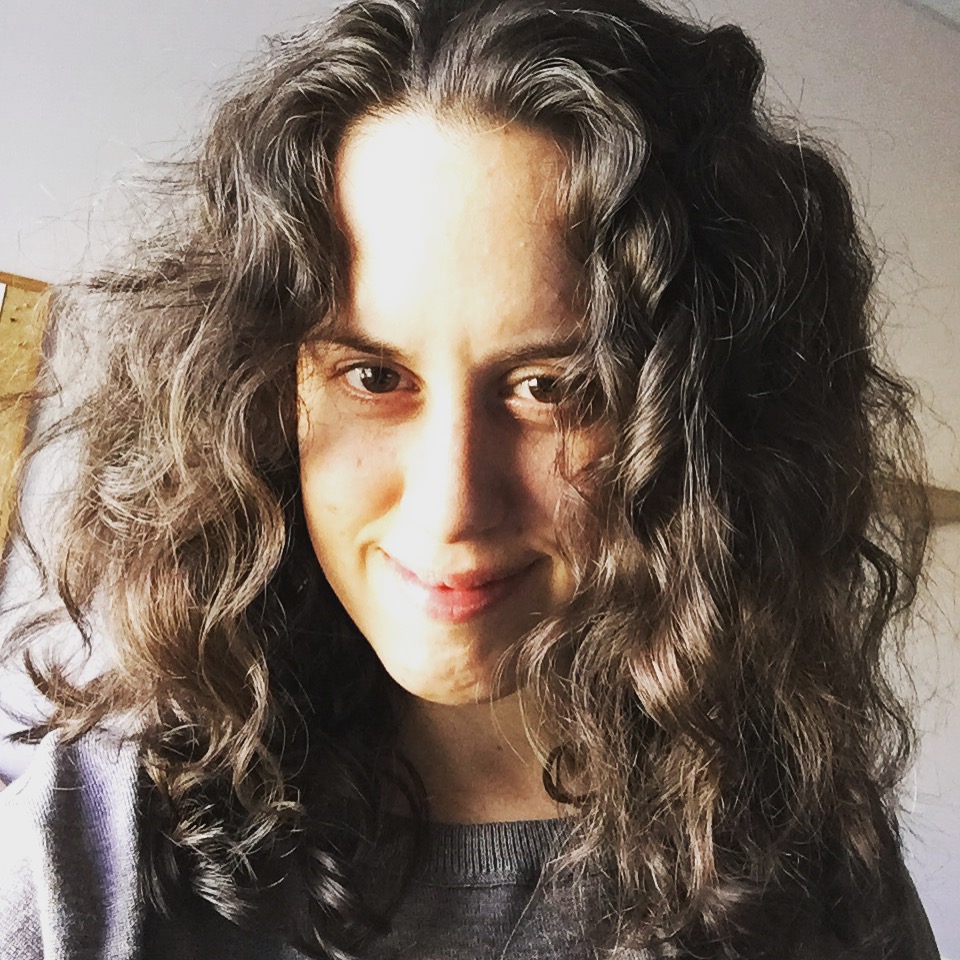ISSN: 1941-4137
POETRY THAT ENACTS THE ARTISTIC AND CREATIVE PURITY OF GLASS
POETRY THAT ENACTS THE ARTISTIC AND CREATIVE PURITY OF GLASS

Hila Ratzabi has been nominated for a Pushcart Prize and was selected by Adrienne Rich as a recipient of a National Writers Union Prize. She was a finalist in the Fifth Annual Narrative Magazine Poetry Contest (2013). Ratzabi is the author of a chapbook, The Apparatus of Visible Things (Finishing Line Press, 2009). Her poetry has been published in Narrative, Linebreak, Drunken Boat, Alaska Quarterly Review, The Adroit Journal, The Nervous Breakdown, The Normal School, and other journals. Her poetry also appears in The Bloomsbury Anthology of Contemporary Jewish American Poetry and Ghost Fishing: An Eco-Justice Poetry Anthology. She is the former editor-in-chief and poetry editor of Storyscape and holds an MFA from Sarah Lawrence College.
Previously in Glass: A Journal of Poetry:
Imaginary Arctic
But now the stark dignity of entrance
Poets Resist
Edited by Logan February
July 11, 2019
Edited by Logan February
July 11, 2019
Prayer for Solomon Teka
How much weeping does there need to be?
— Assaf Gebane, Ha’aretz
When I heard the explosions I was watching TV
after putting the kids to bed. There was nothing on
and I didn’t feel like checking the news,
dear God, because how could I want
to hear, over and over again,
the same story. While falling asleep
my son said, “I have so many stories
in my pocket to tell you.” Someone’s son,
another one, is dead. All his stories
folded up inside the quiet earth.
My son is brown, but he is not
black, so he is free
to get into a scuffle on the playground
and come home scratched up
but living. He sleeps
as I step onto the terrace,
as neighbors appear, one by one,
heads turned to the sound.
Because this is Israel and not America
my first thought is Iran or Gaza,
because these things
are possible, because the sound of bombs
or gun shots, I can’t discern
between them, must have
an origin story, a narrator,
a villain. Because I couldn’t bear
to watch the news for days
I didn’t know the rage that needed
to fill the streets, as it did when the booms
jerked me from the stupor of the screen.
Stun grenade, people are saying.
I’m so tired of praying to a god
who cowers from all this burning,
who made the human heart
capable of choosing the trigger,
the human mind capable
of shaping the gun. There is no
such thing as accident when the gun
was made for this. No such gun
that could discern child from adult
from child on the verge of becoming
adult, no such gun that could judge
the way God does, that could know
the way God knows the heart
of this boy who was not done
growing. I am so afraid
to address you, God,
because you made us this way,
fragile, fallible, easy
to break, easily swayed
to play judge. So you,
dear God, be the judge.
Since you can’t save us
from ourselves, judge us,
oh judge us, let our fury
burn for your justice.
Don’t console. Let the weeping
of grieving mothers
and fathers be heard
louder than rockets.
Do not break this rage.
Do not soften its edge
or sooth the throat
from its wailing. Let our whole bodies
grieve for the boy who never
came home, for the man whose soul
chose gun, chose shoot.
No rest, no rest, for him
or any one of us
who witnessed this.
Don’t let our rage rest
just yet.
This is a poem written in response to the death of 18-year-old Ethiopian Israeli Solomon Teka, who was shot by an off-duty police officer on Sunday, June 30th. I’m an Israeli-American, currently living in Israel. On the night of Tuesday, July 2nd, there were protests around the country by Ethiopian-Israelis against police violence. One of these protests occurred in front of a police station near my apartment. The poem responds to hearing explosions from that protest.
Poets Resist is published by Glass Poetry Press.
All contents © the author.
All contents © the author.





